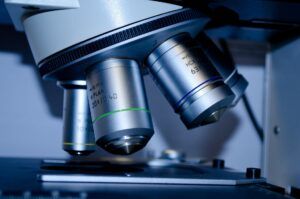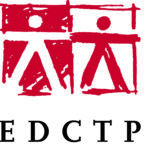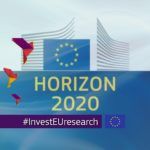On 31 December 2019, the local authorities of Wuhan, Hubei province, China, reported a cluster of pneumonia cases of unknown origin. On 9 January 2020, the China Centre for Disease Control reported a novel Coronavirus (2019-nCoV) to be the causative agent.
 Scope
Scope
Proposals submitted under this expression of interest are expected to advance the knowledge on 2019-nCoV and its impact on infected persons, with the aim of contributing to an efficient patient management and/or public health preparedness and response.
- Proposals must be timely, with rapid activation, to enable early and valuable outcomes to be established.
- For increased impact, proposals may wish to build on promising avenues from previous or ongoing research.
Considering that this is a newly identified virus, the scope of this expression of interest remains broad and may include topics such as:
- Development of therapeutics, including monoclonal antibodies.
- Development of point of care diagnostics, ensuring rapid evaluation of candidates based on existing technologies, to allow for fast case detection and surveillance.
- Clinical and epidemiological studies, to provide data on epidemiological characteristics such as viral genotype and pathogenicity; clinical information on host susceptibility and host immune responses; risk factors for severe disease; routes of transmission and their relative importance; identification of the animal reservoir; etc.
- Social sciences research, to provide urgently needed answers to social dynamics of the outbreak and the related public health response.
- Proposals covering investigation of therapeutic and/or vaccines should consider engaging with the European Medical Agency (EMA) to ensure adequacy of the proposals from a regulatory point of view, i.e. via the innovation task force, scientific advice or consultation in the context of the health threats interactions.
Applicants should be aware that proposals funded under this expression of interest will be required to make available their research data, in accordance with the relevant option of Article 29.3 of the H2020 model grant agreement. The use of harmonised protocols in collaboration with other actors is recommended for this purpose.
The Commission considers that proposals requesting a contribution from the EU of between EUR 2 and 3 million would allow this specific challenge to be addressed appropriately. Nonetheless, this does not preclude submission and selection of proposals requesting other amounts.
Please note that expenditures can be covered from the date of submission of the proposal, but at the applicant’s own risk.
Proposals can be concise and should focus on the essential information to facilitate an appropriate evaluation.
Deadline
12 February 2020 at 17:00 Brussels time





Leave a Reply